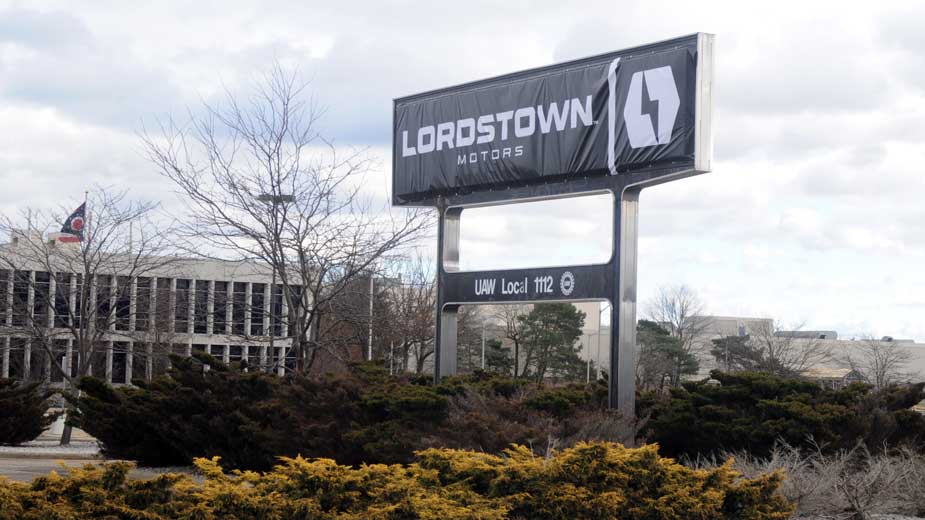YOUNGSTOWN, Ohio – Local partners seeking federal funds for major transportation infrastructure upgrades in Lordstown say they now will seek two grants from the fund.
The partners, which include Eastgate Regional Council of Governments, Youngstown State University and Youngstown/Warren Regional Chamber, are working toward a May 18 deadline to apply for the current round of funding available from the U.S. Department of Transportation’s Better Utilizing Investment to Leverage Development, or Build, grant program.
One request will be for money to develop a plan to capitalize on the development related to electric vehicles and the other will be for funds to implement that plan, said Jim Kinnick, Eastgate executive director.
Elements of the plan being formulated include development of intermodal and smart corridor assets and installation of fiber. Lordstown was chosen to capitalize on the electric vehicle development going on in the village. General Motors Corp. plans to build a $2.3 billion plant to manufacture batteries for electric vehicles, and an electric vehicle startup, Lordstown Motors Corp., is retrofitting GM’s former Lordstown plant to manufacture its Endurance electric pickup truck later this year.
The local group’s goal is to develop “Ohio’s second smart mobility corridor,” said Guy Coviello, president of the Youngstown/Warren Regional Chamber Foundation.
“There are very few smart mobility corridors in the country so it is something that could give our region a competitive advantage when it comes to do research, development and testing in the autonomous and electric vehicle spaces,” he said.
It also would provide the region an advantage in attracting more logistics companies and manufacturers, Coviello added.
The amount they will seek hasn’t been determined, but Kinnick envisions applying for up to $1 million in planning funds and around $15 million to implement the plan. Matching funds for the grants are being solicited.
“The purpose of the planning grant is to explore this rapidly emerging technology in vehicle-to-vehicle and vehicle-to-destination transmission of data, which you would like to include if it’s as imminent as many people say it is,” said Michael Hripko, YSU associate vice president of external affairs, government relations and economic development.
Implementation of smart technology in the project could facilitate the autonomous movement of freight. “It could be from rail to factory or rail to distribution center,” Coviello said.
The partners participate in weekly conference calls and have enlisted a consultant to “prepare the narrative that’s needed for the application to be submitted,” Kinnick said.
“There’s nothing negative about submitting both for this round,” he said.
Pursuing both grants is a good strategy, Hripko agreed.
“Obviously if there’s an opportunity to submit and win a full project at this time, we certainly need to take advantage of that opportunity,” he said.
“At the same time, we know if we had a planning grant we could be able to study the situation in much more depth and perhaps put a more sophisticated and more technology-based solution in front of the Department of Transportation,” he continued. “We know that autonomous vehicles and smart corridors are evolving rapidly, and within the next several months we anticipate new technology breakthroughs that could be included in a more robust project.”
